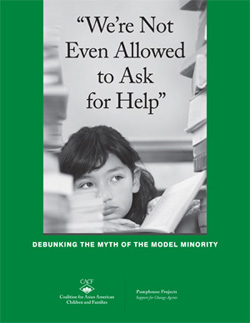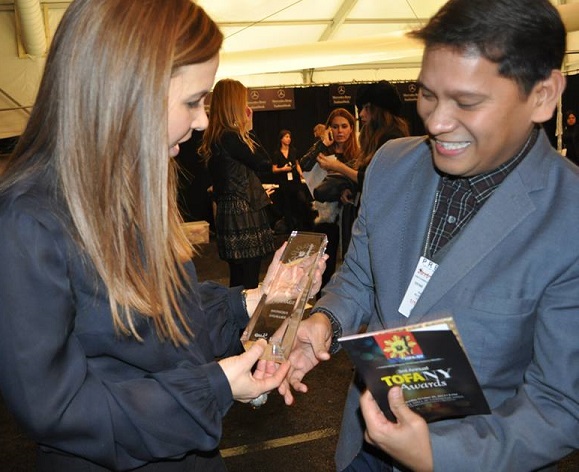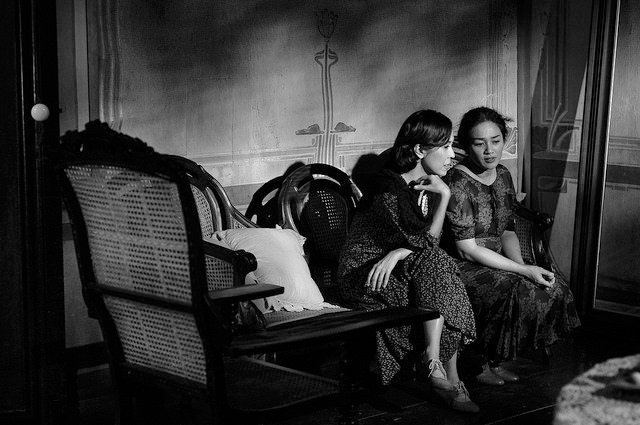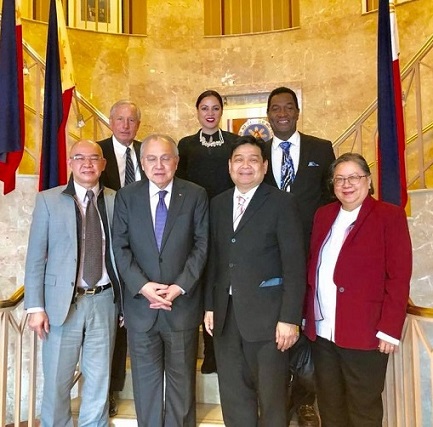Charm and sentimentality in ‘COVID Diary’ book on China
By Allen Gaborro
For centuries, China has been a formidable yet enigmatic social, cultural, and political entity, more so to outsiders. To intone the evolution of this historical landscape is to recognize one truth: that the Middle Kingdom has been replete with webs of wonder, contradictions, and complexities that at once have amazed and boggled minds the world over.
The conjugal, journalistic couple of Rene Pastor and Cristina DC Pastor lived in the Chinese capital of Beijing for some four years working as editors for the China Daily newspaper. They have chronicled their experiences in the publication “Living in China 2019 to 2023: A COVID Diary.”
The timing of their move to Beijing in May 2019 was a matter of journeying to an alien world. It would be a journey that would ingrain in them the memories of a lifetime, including an unforeseen encounter with an earth-shaking virus.
Upon beginning work with China Daily, one of the issues that concerned Rene and Cristina was journalistic censorship. China after all, is notorious under the ruling Chinese Communist Party (CCP) for its suppression of journalistic facts, facts that the CCP deems to be “inappropriate” for public consumption. Rene writes, “What if we were asked to twist facts or overly exaggerate the importance of their leaders?”
Fortunately, that possibility never happened. They did not review any article on the geopolitically-sensitive subject of the South China Sea.
One of the prominent aspects of “Living in China” is its authors’ pursuit in China of the everyday necessities of life as well as the creature comforts that were available to them there. In an example of buying a consumer product that would have been more conveniently found in the United States, in China Rene had difficulty finding sneakers that would fit him properly.
Other mundane anecdotes involved visiting flea markets, eating at restaurants, and riding the subway. These reminiscences are deeply personal to Rene and Cristina for they do justice to the indelible emotional value that they both place on their time in China. The authors’ touching attentiveness to the quotidian details and regimen adds to the charm and sentimental power of their account.
Residing in China in the midst of the COVID outbreak was for Rene and Cristina, a disorienting extreme. So much so that the “pandemic has drastically changed behaviors that used to be taken for granted.” The challenge of trying to get by during the crisis was made all the more angst-ridden under China’s rigid Zero- COVID guidelines.
During the COVID lockdown, the Pastors had to queue up for COVID testing (administered several times by surprise at home at unseemingly hours), diligently sterilize deliveries, and digitally prove that they didn’t have the virus in public settings.
In Cristina’s specific case, the pandemic sidetracked her learning Mandarin as COVID isolated her from others. She writes: “In lockdown, with no one to speak to, the few words I had picked up evaporated from my memory and were completely forgotten.”
The Pastors present a society that features contemporary citizens navigating a contemporary existence. Cristina taught English—-an occupation which was in demand in China—-English being the lingua franca of a globalized world. There is also the institution of marriage. As China advances further into the 21st century, more women there are seemingly less-inclined to get married. You also have some Chinese taking on a Western name in addition to their indigenous name for purposes of integrating into foreign lands.
Rene’s and Cristina’s game determination to blaze their own trail through China and absorb everything they could about the people and the culture was worth all the trials and uncertainties. They confirmed the idea that while one can always imagine what another country is like, that there is no substitute for actually being there.
To buy the book: www.amazon.com/dp/B0F31CLWHS?ref=ppx_yo2ov_dt_b_fed_asin_title












